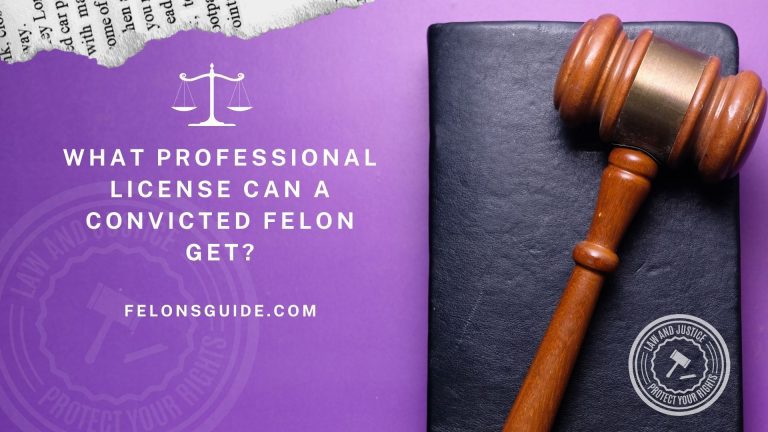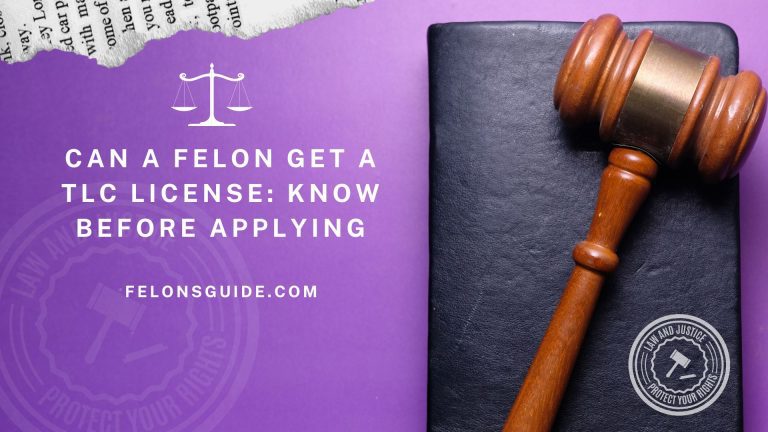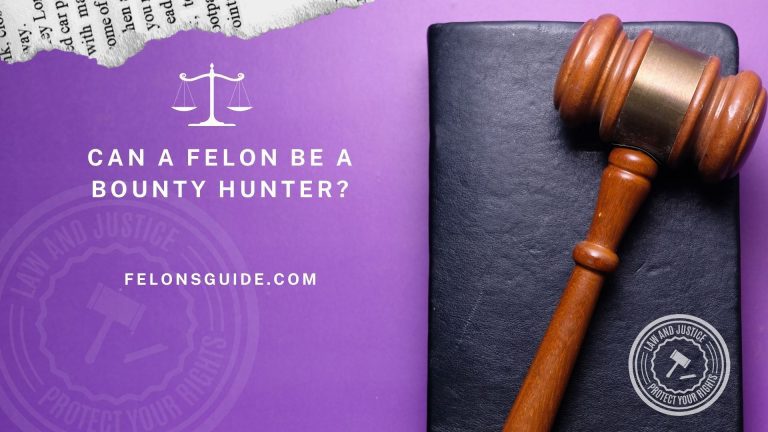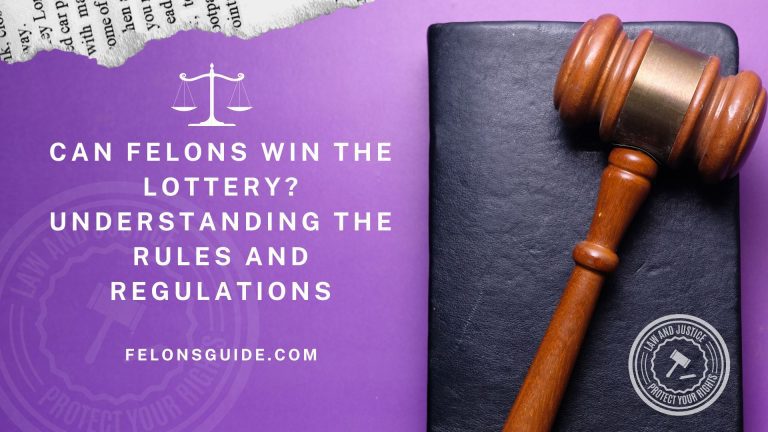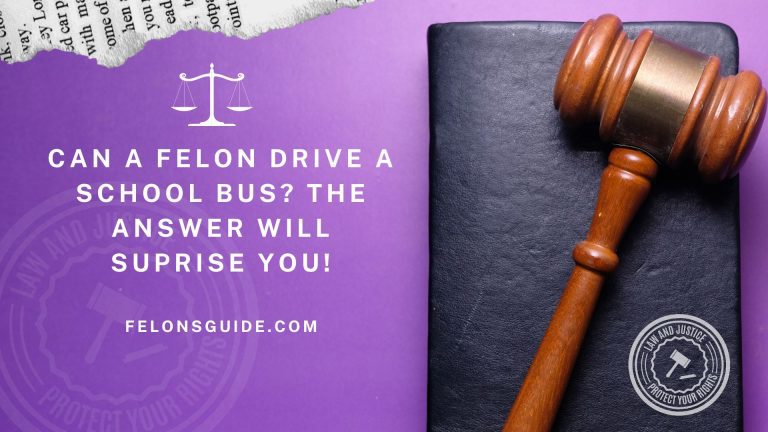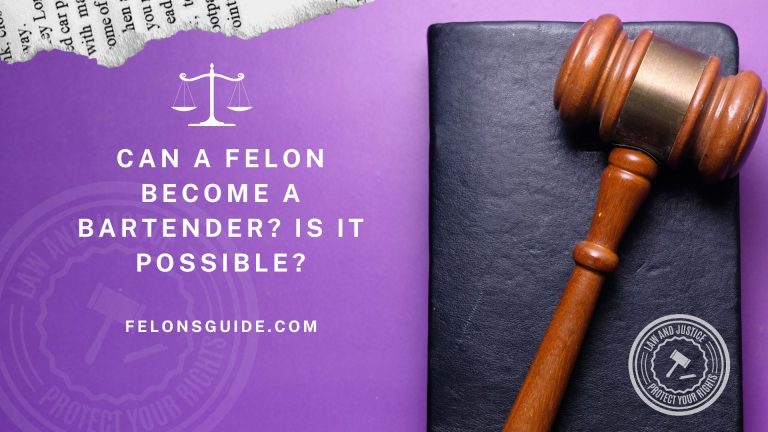Can Felons Own a Paintball Gun? Understanding the Legalities
In recent years, paintball has become a popular recreational activity enjoyed by people of all ages. However, for felons, the question of whether they can participate in paintball raises concerns about their legal rights and restrictions. In this article, we will delve into the legal aspects of felons owning paintball guns, decipher the legal terminology, explore whether paintball guns are considered firearms, examine governing laws, and identify other weapons that may be illegal for felons to possess.
Also Read: Can a Felon be a Bail Bondsman?
Can Felons Have a Paintball Gun?
Felons are individuals who have been convicted of a serious crime, and as such, their rights may be limited depending on state and federal laws. When it comes to owning a paintball gun, the rules vary based on jurisdiction, making it essential to understand the legal implications.
Also Read: Can a Felon Visit Someone in Prison? A Comprehensive Guide
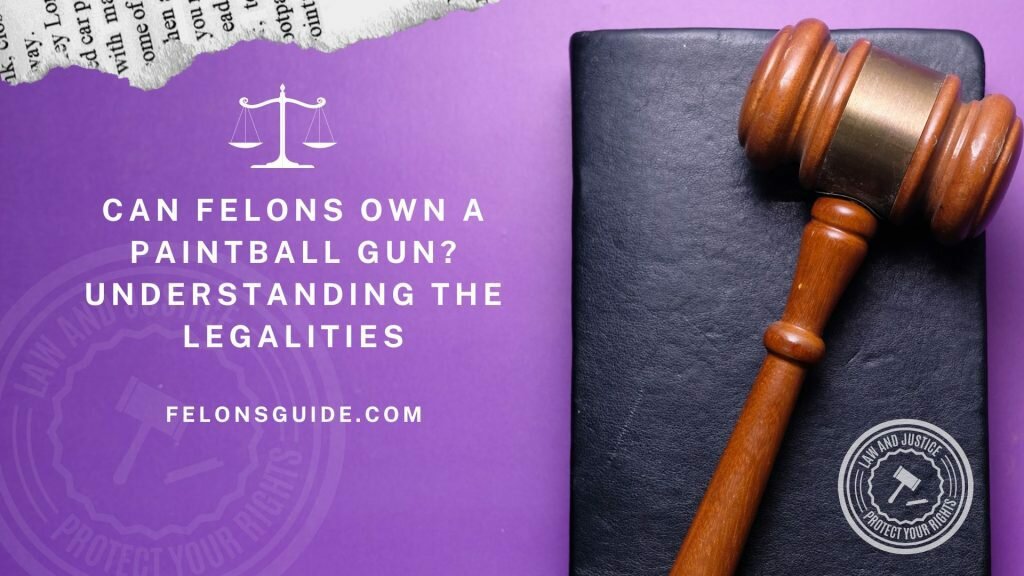
Is a Paintball Gun Considered a Firearm?
The classification of paintball guns as firearms is a significant factor in determining whether felons can legally possess them. In most jurisdictions, paintball guns are not classified as firearms because they do not use explosive force to propel projectiles. Instead, these guns utilize compressed gas or air to shoot paint-filled pellets. Since they do not fall under the category of traditional firearms, paintball guns might offer more leeway for felons in certain regions.
Governing Laws: The Regulations Surrounding Paintball Guns and Felons
As mentioned earlier, regulations concerning felons’ rights to own paintball guns differ from state to state. In some areas, paintball guns may be treated like any other recreational equipment, allowing felons to possess them. However, in states with stringent laws, felons may be prohibited from owning any type of firearm, including paintball guns.
Moreover, federal laws also come into play. The Gun Control Act of 1968 prohibits individuals convicted of a felony from possessing firearms. Although paintball guns are not classified as firearms, some states may choose to extend this restriction to include them. Felons should be aware of their state’s specific laws and consult legal experts if they are uncertain about their rights.
What Weapons Are Illegal for Felons?
Aside from firearms, felons may face restrictions on owning other weapons too. The exact restrictions can vary based on jurisdiction, but some common examples of prohibited weapons for felons may include:
- Knives: Certain types of knives, such as switchblades or knives with certain blade lengths, may be illegal for felons.
- Brass Knuckles: Brass knuckles, metal knuckles, or other similar weapons are generally prohibited.
- Tasers and Stun Guns: Some states forbid felons from owning electrical weapons like tasers and stun guns.
Conclusion:
For felons interested in paintball, understanding the legal landscape is crucial. While paintball guns are not traditionally classified as firearms, specific state laws and felon restrictions might impact their ownership. Felons should research their local regulations and consult legal professionals if they are unsure about their rights. Staying informed about the laws ensures a safe and enjoyable paintball experience while respecting legal boundaries.
